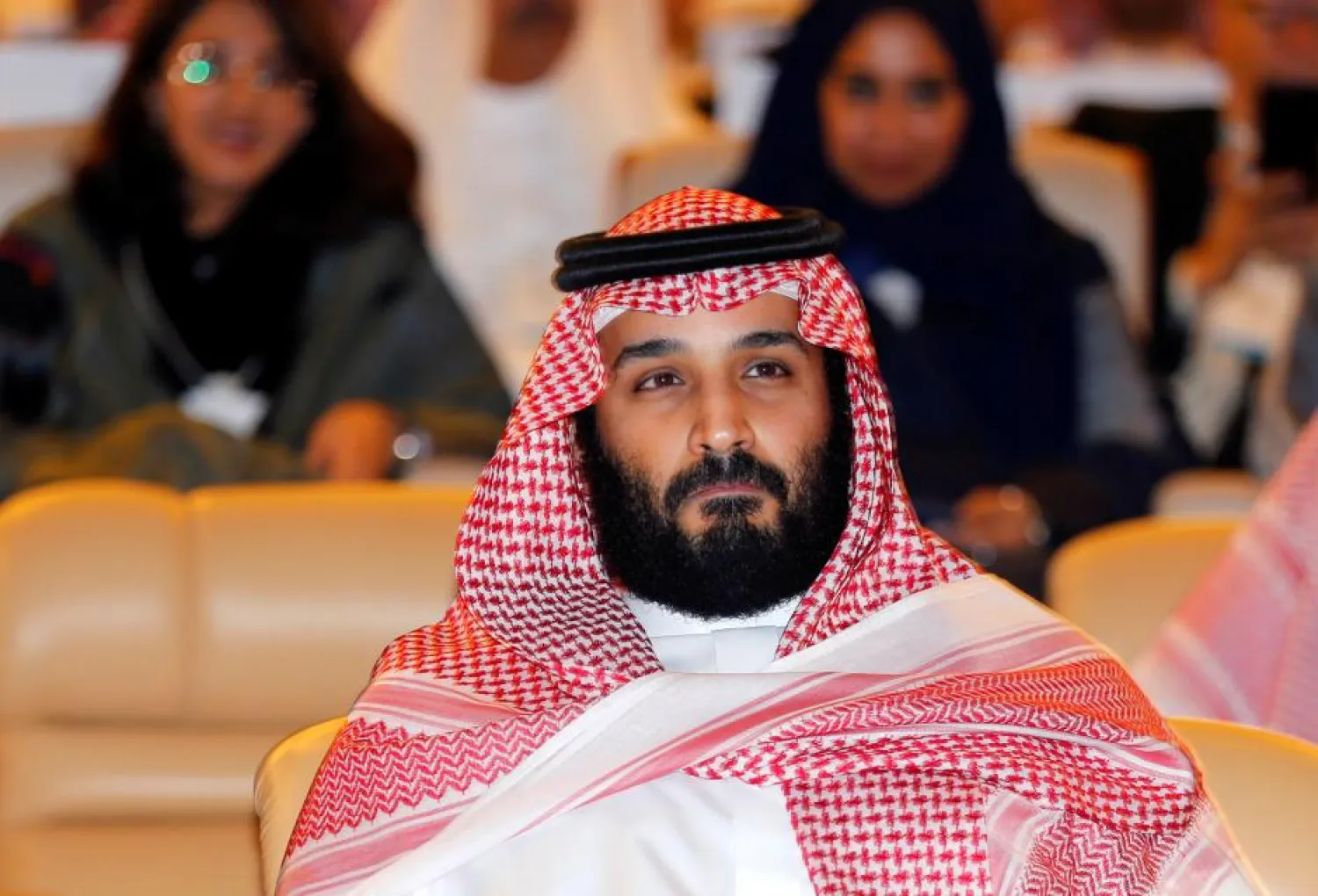Saudi Crown Prince Mohammed bin Salman bin Abdulaziz has said that 95 percent of those arrested on corruption charges agreed to signing over cash or shares of their business to the Saudi state treasury while 1 percent were able to prove they are clean and their case was dropped.
“About 4 percent say they are not corrupt and with their lawyers want to go to court,” the Crown Prince told the New York Times in an interview published on Thursday.
The public prosecutor says it could eventually “be around $100 billion in settlements,” he told his interviewer Thomas Friedman.
“We started with the obvious question: What’s happening at the Ritz?” said Friedman in his article.
So the Crown Prince responded: It’s “ludicrous” to suggest that this anticorruption campaign was a power grab. He pointed out that many prominent members of the Ritz crowd had already publicly pledged allegiance to him and his reforms, and that “a majority of the royal family” is already behind him.
“Our country has suffered a lot from corruption from the 1980s until today. The calculation of our experts is that roughly 10 percent of all government spending was siphoned off by corruption since the early 1980s, by both the top and bottom levels. Over the years the government launched more than one ‘war on corruption’ and they all failed. Why? Because they all started from the bottom up.”
So when his father ascended to the throne in 2015 (at a time of falling oil prices), he vowed to put a stop to it all, the Crown Prince told his interviewer.
“My father saw that there is no way we can stay in the G-20 and grow with this level of corruption. In early 2015, one of his first orders to his team was to collect all the information about corruption — at the top. This team worked for two years until they collected the most accurate information, and then they came up with about 200 names.”
When all the data was ready, the public prosecutor, Saud al-Mojib, took action, said the Crown Prince, explaining that each suspected billionaire or prince was arrested and given two choices: “We show them all the files that we have and as soon as they see those about 95 percent agree to a settlement,” which means signing over cash or shares of their business to the Saudi state treasury.
“About 1 percent,” he added, “are able to prove they are clean and their case is dropped right there. About 4 percent say they are not corrupt and with their lawyers want to go to court. Under Saudi law, the public prosecutor is independent. We cannot interfere with his job — the king can dismiss him, but he is driving the process … We have experts making sure no businesses are bankrupted in the process” — to avoid causing unemployment.
There is no way, he added, to root out all corruption from all levels. “So you have to send a signal, and the signal going forward now is, ‘You will not escape.’ And we are already seeing the impact.”
Asked about Islam, the Crown Prince told Friedman “We don’t say that we are ‘reinterpreting’ Islam — we are ‘restoring’ Islam to its origins — and our biggest tools are the Prophet’s practices and [daily life in] Saudi Arabia before 1979.”
At the time of the Prophet Mohammed, he argued, there was mixing between men and women, there was respect for Christians and Jews in the Arabian Peninsula. “The first commercial judge in Medina was a woman!” So if the Prophet embraced all of this, he asked, “Do you mean the Prophet was not a Muslim?”
On foreign policy, the Crown Prince would not discuss the strange goings on with Lebanese Prime Minister Saad Hariri coming to Saudi Arabia and announcing his resignation, and now returning to Beirut and rescinding that resignation. He simply insisted that the bottom line of the whole affair is that Hariri is not going to continue providing political cover for a Lebanese government that is essentially controlled by Tehran-backed “Hezbollah”.
He insisted that the Saudi-backed war in Yemen was tilting in the direction of the legitimate government there, which, he said is now in control of 85 percent of the country, but given the fact that pro-Iranian Houthi insurgents, who hold the rest, launched a missile at Riyadh airport, anything less than 100 percent is still problematic.
The Crown Prince praised US President Donald Trump as “the right person at the right time” and said Iran’s “supreme leader is the new Hitler of the Middle East.”
“But we learned from Europe that appeasement doesn’t work. We don’t want the new Hitler in Iran to repeat what happened in Europe in the Middle East.” What matters most, though, is what Saudi Arabia does at home to build its strength and economy.
“I fear that the day I die I am going to die without accomplishing what I have in my mind. Life is too short and a lot of things can happen, and I am really keen to see it with my own eyes — and that is why I am in a hurry,” the Crown Prince added.













